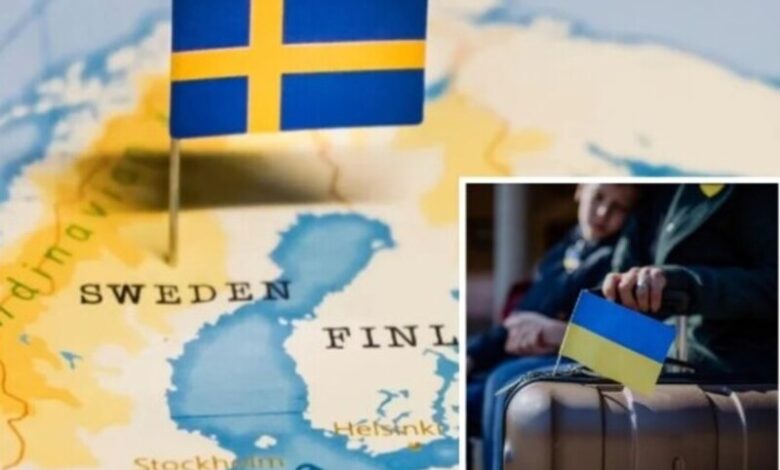Ukrainian refugees and the Blue Card: how Sweden simplifies the integration of specialists

Ukrainian refugees who ended up in Sweden because of the war are faced with the need to adapt to a new life. In this country, which is famous for its high level of social security and stable economy, many Ukrainians strive to find not only security, but also opportunities for professional self-realization. However, understanding the new migration rules and procedures is key to successful integration. Sweden, which is keen to attract more foreign professionals, recently passed a number of important changes aimed at making it easier to obtain an EU Blue Card, a permit that opens the door to highly skilled workers from countries outside the European Union.
EU Blue Card in Sweden: what will change
The Parliament and the highest decision-making body of Sweden approved the implementation of the new EU Directive on the Blue Card into national legislation. The changes came into effect on January 1, 2025 and are aimed at making the procedure for obtaining a Blue Card much simpler. For many Ukrainians who are already in Sweden or are planning to move there, this can be a real chance for professional development.
The EU Blue Card is a special residence and work permit that allows highly skilled workers from non-EU countries to work in one of the EU member states. For Sweden, this tool is key in attracting talented professionals, as the card offers a number of advantages. Among them are the possibility of moving with the family, visa-free travel within the Schengen zone and simplified access to the labor market.
Lowering the salary threshold and other simplifications
One of the main innovations is the lowering of the salary threshold required to obtain a Blue Card in Sweden. If earlier this threshold was 1.5 of the average annual gross salary, then from 2025 it will be reduced to 1.25 of the average annual salary. This will make obtaining a card more accessible to a larger number of workers, including Ukrainian specialists.
Also, the minimum term of the employment contract is reduced – from 12 months to six. This simplification will allow more applicants to apply for the card, even if their initial employment contract is short-term.
In addition, workers who already hold an EU Blue Card issued by another member state will be able to apply in Sweden under a simplified procedure if they have worked under that card within the last 12 months.
Flexibility in changing work and status
Sweden is also taking a big step towards greater flexibility for Blue Card holders. Now workers will be able to move from one highly qualified job to another without the need to re-apply for a new card – it will be enough just to notify the Migration Service about the change of job. This will avoid unnecessary delays and simplify adaptation at the new workplace.
In addition, persons who have another type of residence permit will be able to more easily switch to a Blue Card without leaving the territory of Sweden.
New opportunities for Ukrainian specialists
For Ukrainians who ended up in Sweden because of the war, such changes open up new opportunities for employment and integration into the local society. This is particularly important as many refugees are highly skilled but face difficulties due to language barriers or lack of knowledge of local regulations. Consultations on migration issues and professional assistance become necessary for successful adaptation.
The Swedish authorities clearly demonstrate their desire to become an attractive destination for foreign talents, but in order to successfully implement these opportunities, Ukrainian specialists must be familiar with the new rules. When planning a move or employment in Sweden, it is important to contact professionals for quality advice. Training and knowledge is the first step to successful integration in a new environment, as well as to contributing to Sweden’s own future and economic development.





